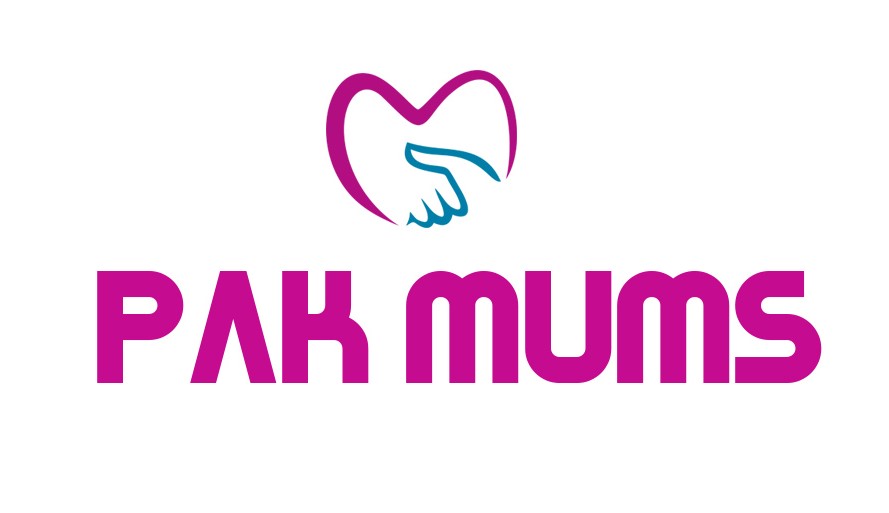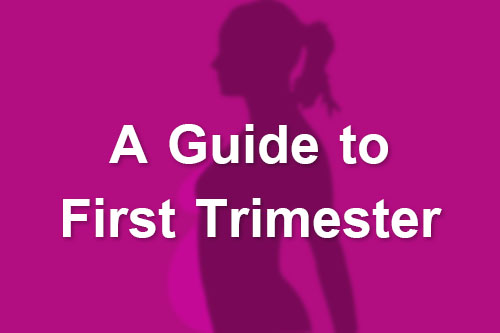The first trimester covers your pregnancy right from the time of beginning when the first cells are formed up until the end of week 12. It’s an important trimester in terms of your baby’s development and organs take shape, your baby starts moving and muscles form. Your 12 week old baby begins from this trimester as a fully-formed fetus, about the size of a peach.
Nutritional requirements in First Trimester
You don’t need extra energy (calories) until the third trimester. You will likely only gain a very small amount of weight or none at all in the first trimester. Most of your pregnancy weight will be put on in the second trimester, so there’s plenty of time for weight gain. Your body has a small increased requirement for protein (found in foods like meat, fish, nuts, beans, pulses and cheese).
However dietary surveys show that most of us eat more than our requirements anyway – average intake for women aged 19-49 is 61g per day (pregnancy requirement is 57g). There are increased requirements for folic acid and vitamin D, and supplements for these vitamins are required. Vitamin A requirements are slightly raised, but be sure to avoid supplements containing vitamin A and liver products as they contain a possibly toxic form of vitamin A. Safe forms of vitamin A are found in fruits.
Morning sickness
Morning sickness is common in pregnancy, affecting around 50 percent of women. This sickness and vomiting usually improves by the end of the first trimester, leaving you to enjoy your pregnancy during the second trimester. Try not to worry if you can’t eat much on some days. Remember that you don’t need to gain any weight this trimester. Try to keep your liquids up and eat when you feel you can.
If you affected by morning sickness, you may find the following tips helpful. Drink liquids through the day and when you feel sick. Cold drinks, e.g. fruit juices, fizz’s drinks and squash may be better. Try eating smaller portions at mealtimes, with frequent snacks in between. Starchy foods are often better e.g. sandwiches, toast, crackers or breadsticks. Avoid very spicy and fatty foods – blander foods may be better. Foods and drinks containing ginger may help, e.g. ginger biscuits.
Tips for a healthy diet in First Trimester
A healthy diet is really important throughout the pregnancy. Eat 5 portions of fruit and vegetables every day to provide you with good amounts of vitamins (e.g. vitamins A and C and folic acid), minerals and fiber. Include carbohydrates at every meal, e.g. cereals, bread, pasta, rice (wholegrain varieties are best). Include low fat dairy products. Include lean meats, fish and other protein-rich foods like eggs, pulses and beans. These foods provide protein, iron and folic acid. Eat oily fish at least once a week (but not more than twice a week) to get your essential omega-3 fatty acids. Avoid foods and drinks high in sugar, fat and salt, e.g. sweets, sugary drinks and processed foods.

